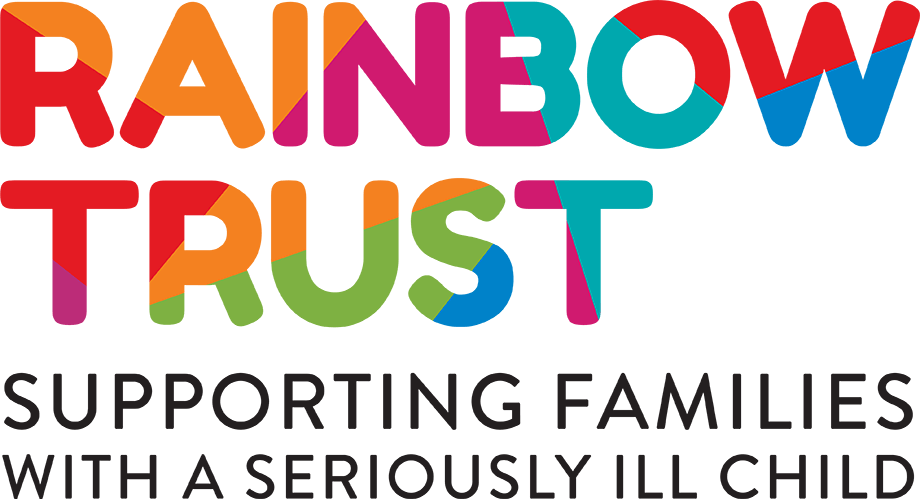Date published: 30 November 2017 by Anna Jackson
Yesterday saw the publication of a five step plan to address the urgent health and social care needs of disabled children, including those with life threatening and terminal conditions. The plan has been drawn up by the Disabled Children’s Partnership, a coalition of more than 50 organisations, including Rainbow Trust Children’s Charity, Mencap, Sense and the National Autistic Society.
With parents of many disabled children reporting challenges in accessing the support to which they are entitled, the plan sets out what the government must do address the growing crisis in children’s health and social care. The five steps include:
• Making disabled children a priority in government, with one minister holding responsibility for disabled children
• Reviewing the funding of ‘short breaks’ provision
• Clarifying the existing rights of families
• Creating a fund to improve health and social care services
• Commissioning a review of health and social care law.
Zillah Bingley, CEO of Rainbow Trust, said:
“Only one in ten parents say they believe health and social care is meeting their disabled child’s needs. We think this is simply not acceptable. Where a child has a life threatening or terminal illness it is essential that the right support is put in place so that families can make the most of the time that they have together, rather than having to put their energy into fighting for services which they should receive as a matter of course.”
The lack of statutory services can mean that support from organisations like Rainbow Trust is critical in enabling families to cope. Vicki Gibson, whose family is supported by Rainbow Trust, explains how important this can be.
“Without Sarah [her Rainbow Trust Family Support Worker], I’d have no kind of break. We take life one day at a time but having her support means we can have days out or I can do chores knowing Sarah is looking after [my son] as well as I would.”
As Rainbow Trust highlighted in our Hidden Savings report earlier this year, providing timely services to children and their families also makes good financial sense. The cost of crisis interventions and long term support when services are not put in place in time can dwarf the cost of provision of support at the right time. We warmly welcome this plan and urge ministers at the Department of Health and Department of Education to rise to the challenge and look seriously at how to implement it.’
The Disabled Children’s Partnership launched the plan at a packed event in parliament on Wednesday evening. Read the full plan here.




